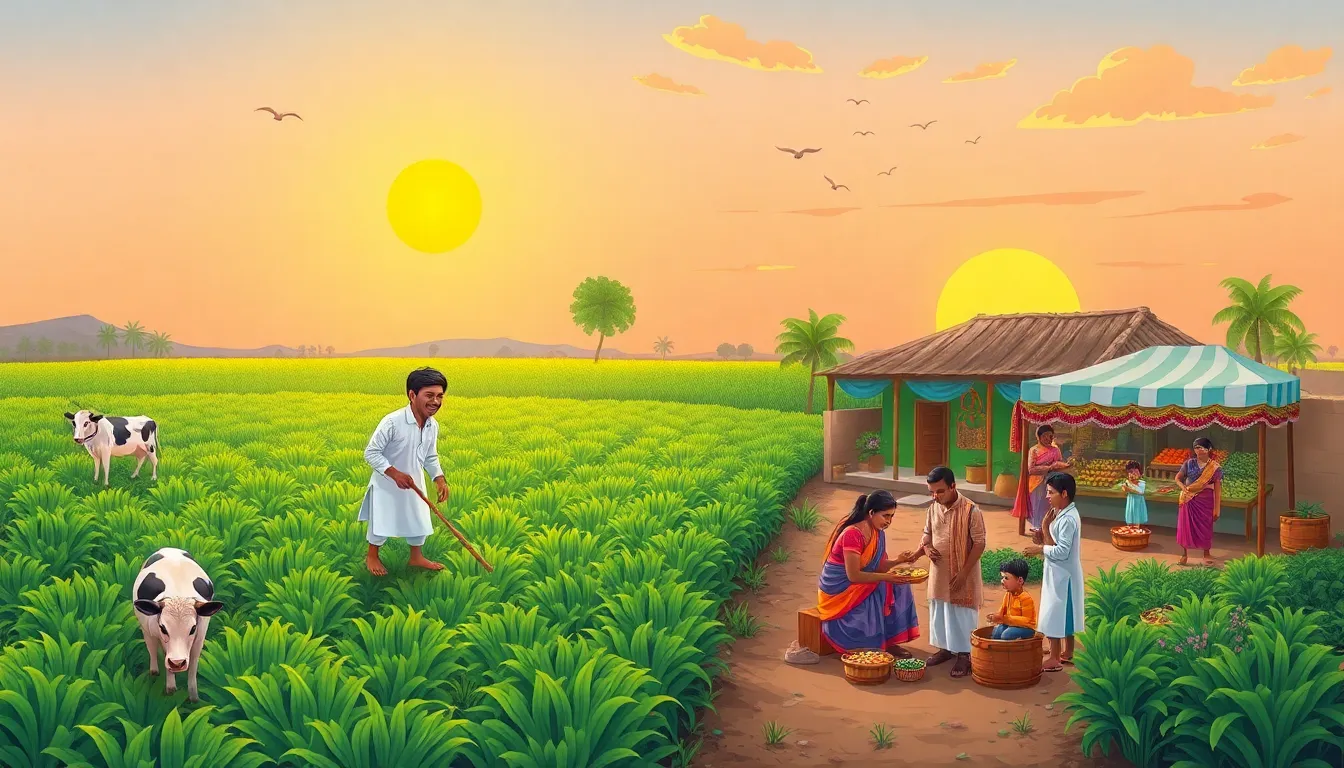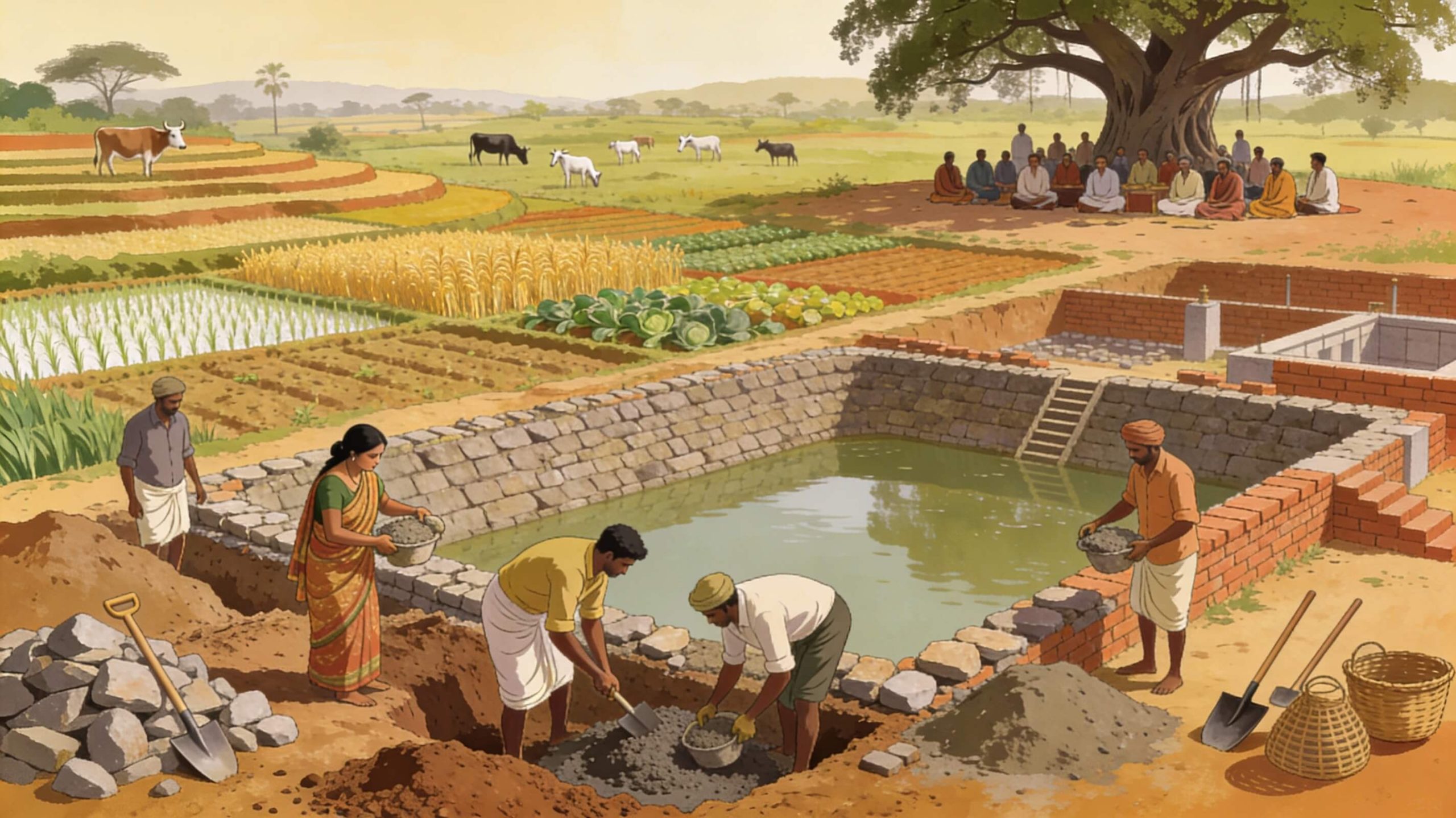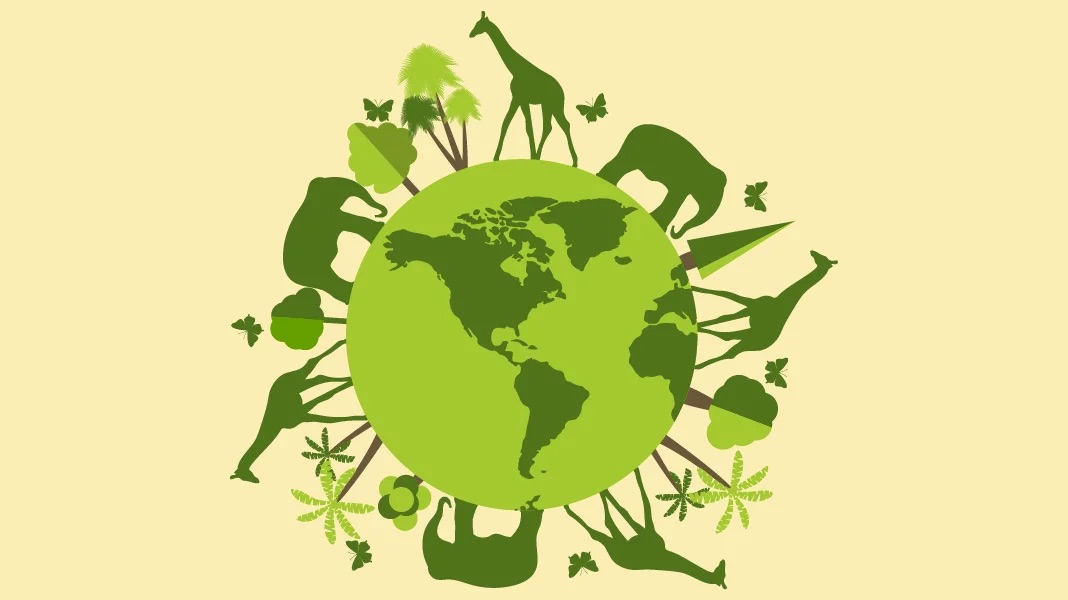On June 20, 2025, a significant workshop took place in New Delhi. Organised by the Department of Animal Husbandry and Dairying (DAHD) and the Food and Agriculture Organization (FAO) of the United Nations, the event aimed to develop a One Health Communication Strategy. This initiative is essential for improving animal health and promoting public awareness in India.
The workshop was part of a project funded by the Pandemic Fund. It focused on pandemic preparedness and aimed to strengthen animal health systems across the country. Various stakeholders attended this workshop, including representatives from government agencies, international organizations, academia, and the media.
The primary goal of the workshop was to create a strategic communication framework. This framework will help raise awareness about zoonotic diseases, antimicrobial resistance (AMR), and biosecurity. The discussions highlighted the importance of delivering messages that resonate with local communities.
Animal Husbandry Commissioner Dr. Abhijit Mitra spoke about the need for a clear communication strategy. He said, “Effective communication is not just an outreach tool, but a critical enabler of behavior change.” He emphasized that simple language should be used to ensure that messages reach the intended audience.
Dr. Konda Chavva, Assistant FAO Representative in India, also spoke at the workshop. He pointed out that communication is a vital link between knowledge and action. According to him, it ensures that policies translate into real-world impact.
A notable part of the workshop was a media panel discussion. Senior editors and journalists from BBC News, ET Edge, and Down to Earth magazine participated in this session. They discussed how the media could help amplify One Health messaging and counter misinformation.
The workshop also focused on the One Health Strategy Document, which is currently in development. This document aims to guide collaborative actions across animal, human, and environmental health sectors. It is designed to create a sustainable and resilient health security ecosystem in India.
Participants engaged in various sessions and group exercises. These included message design, risk communication, and cross-sector coordination. The aim was to develop a comprehensive communication roadmap that is science-based and people-centric.
India’s commitment to advancing the One Health agenda remains strong. The country is working to strengthen disease surveillance, enhance frontline capacities, and promote public engagement. This strategic approach is crucial for improving pandemic preparedness and ensuring the health and safety of the Indian population.
In conclusion, the One Health Communication Strategy Workshop is a critical step toward building a coordinated communication framework. It aims to enhance animal health systems and public awareness in India. By fostering collaboration among different sectors, India can better prepare for future pandemics and protect its citizens.





